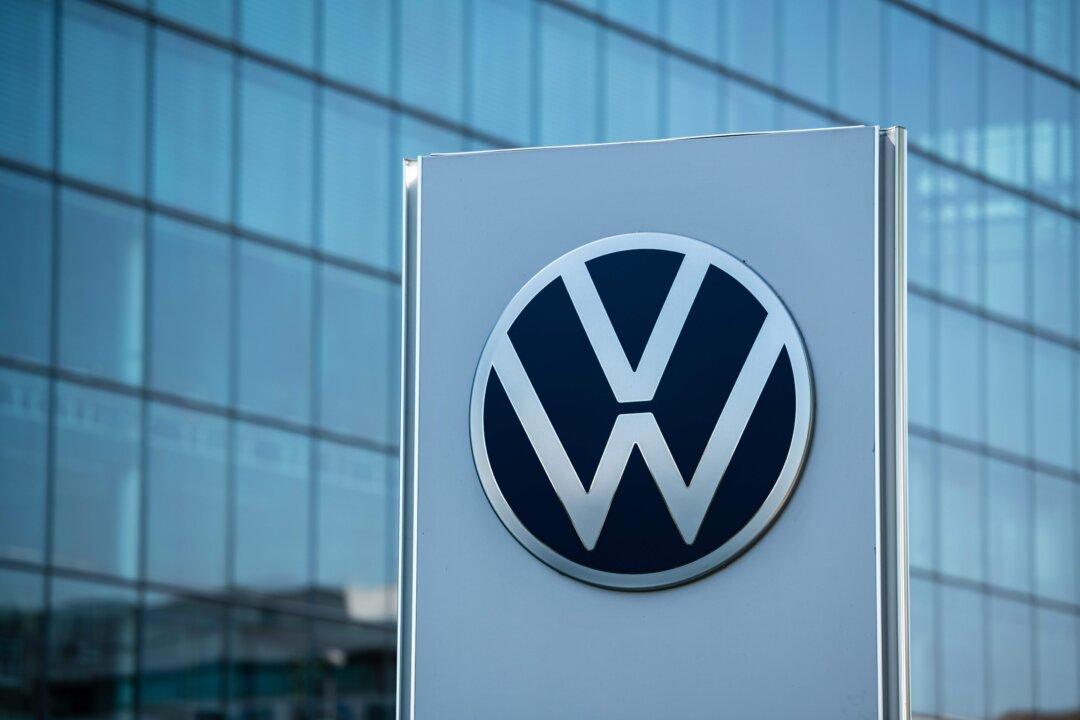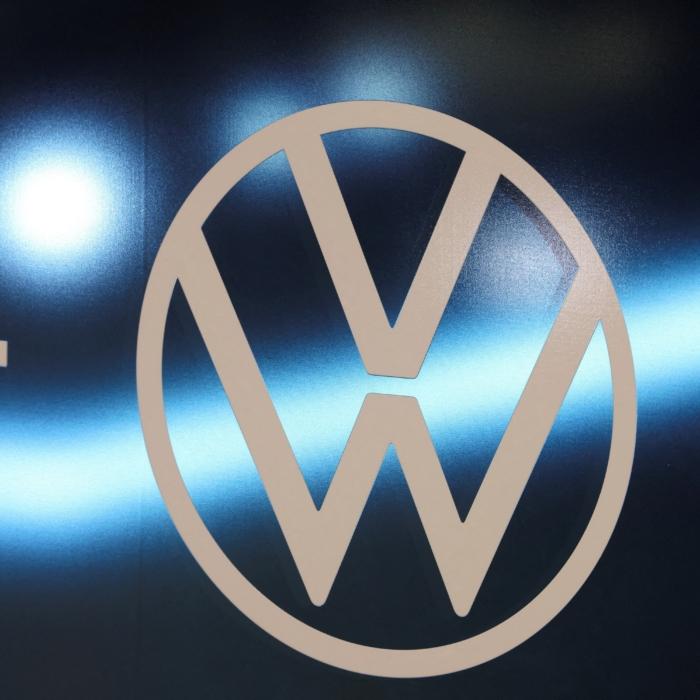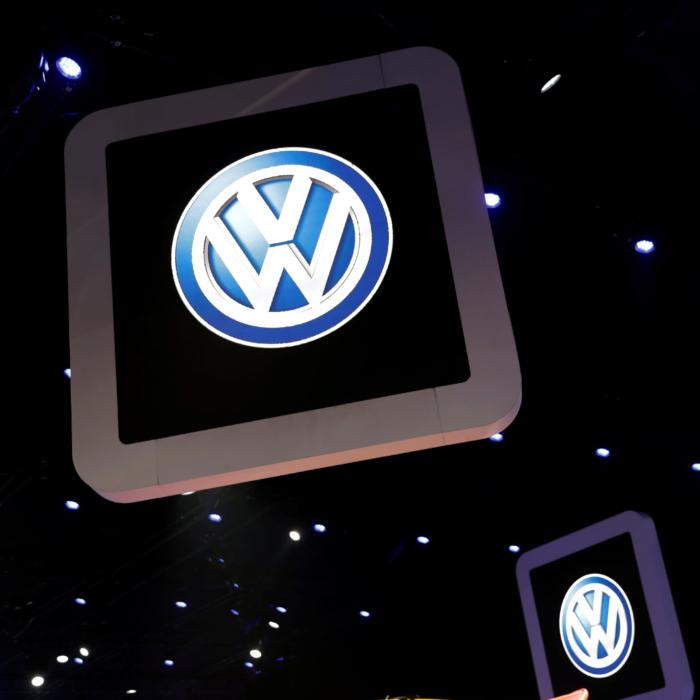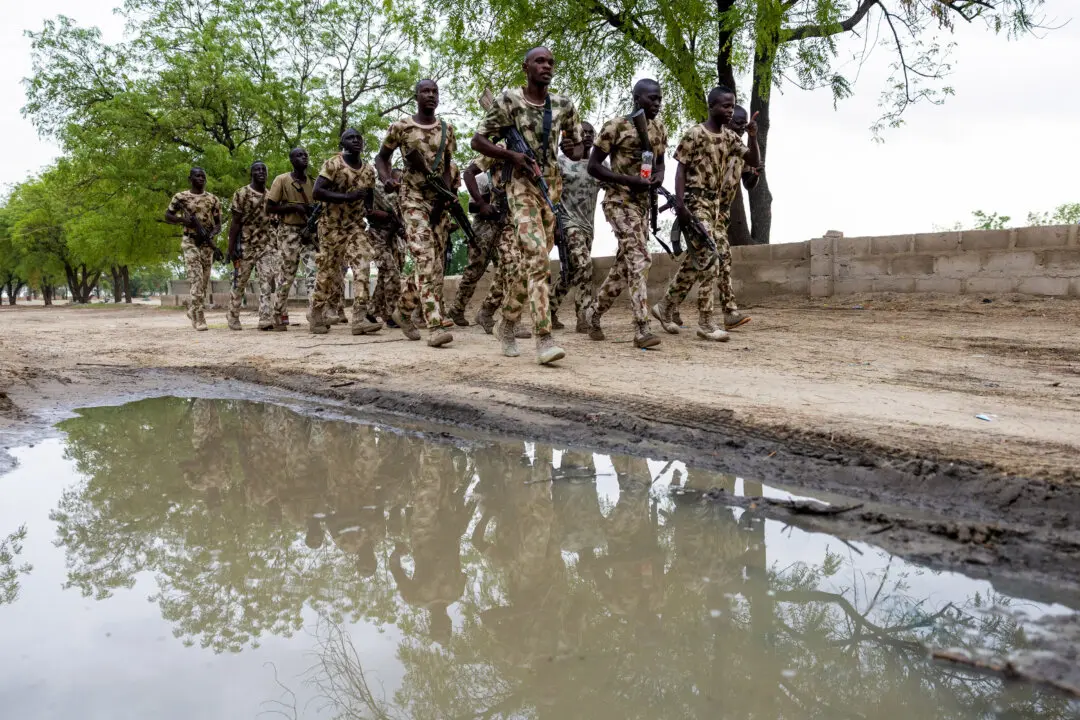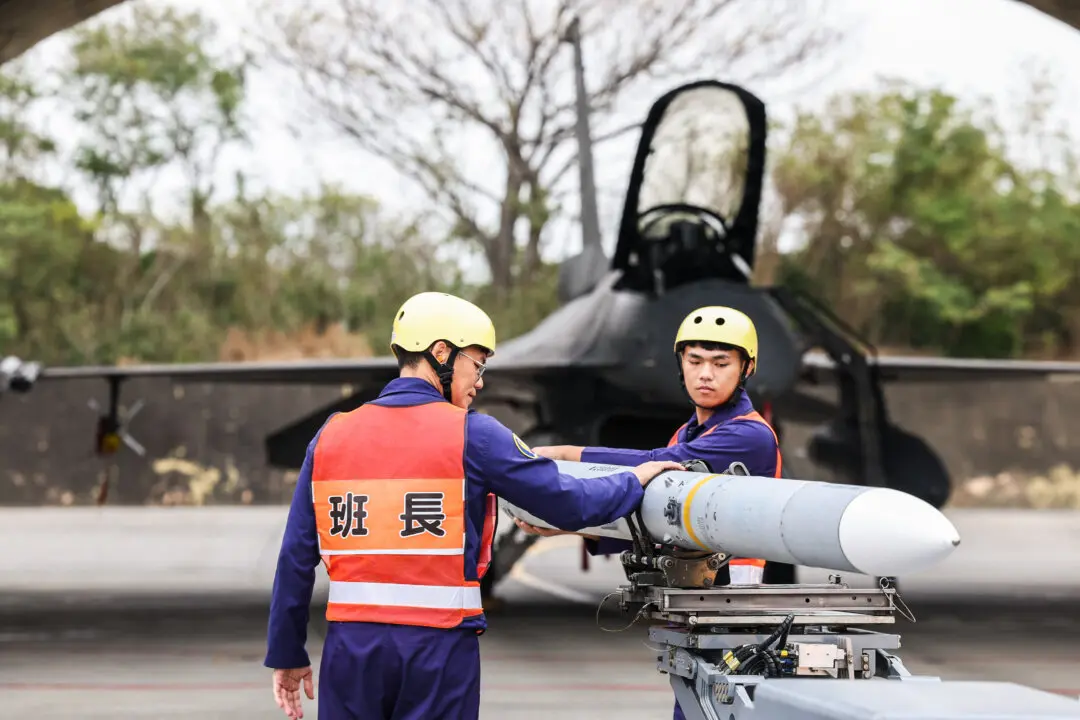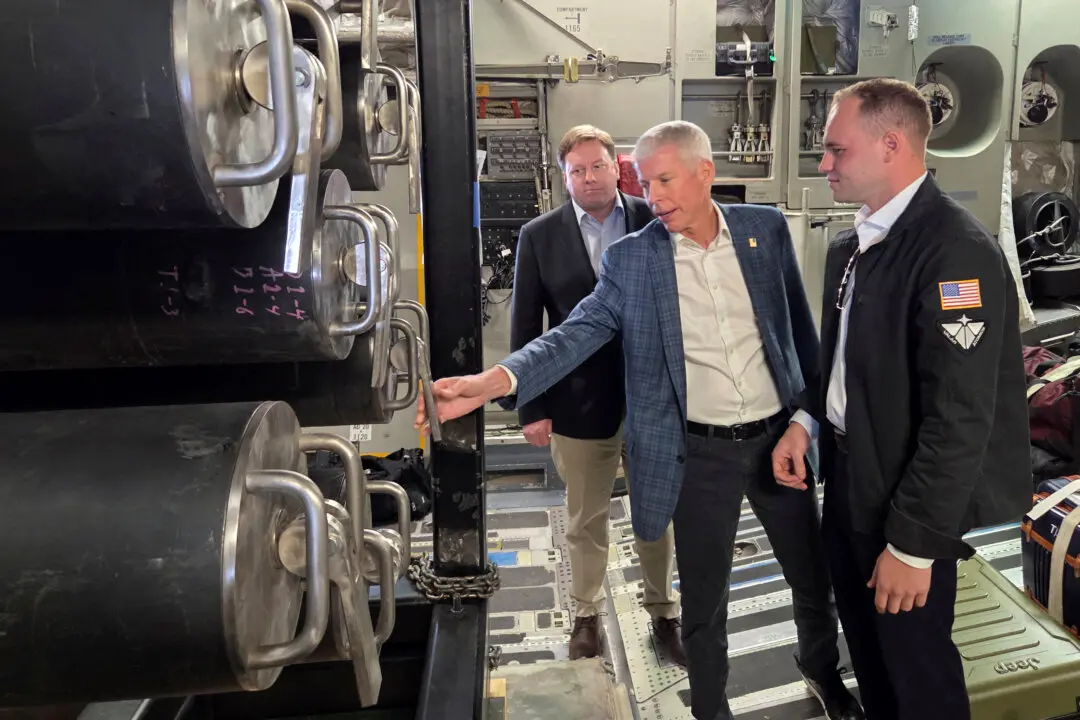Volkswagen said on Feb. 14 that it’s working to rectify a delay in delivering vehicles that have been impounded at U.S. ports because of allegations of forced labor regarding the use of an electronic component by “one of its sub-suppliers.”
The German carmaker told MotorTrend that some of the impounded vehicles are fitted with “a small electronic component” of concern that’s in the process of being replaced as parts arrive.
“Deliveries continue, however some unavoidable delays may occur, for which we apologize. We are contacting each customer to keep them informed,” Volkswagen was quoted as saying by the news outlet.
The carmaker said that it takes allegations of infringements of human rights and forced labor “very seriously,” both within the company and in its supply chain.
It didn’t specify whether the delays were linked to the Uyghur Forced Labor Prevention Act, which prohibits the importation of goods into the United States that are produced with forced labor in Xinjiang.
“We are constantly analyzing our processes and improving them on an ongoing basis. When we receive information on human rights risks or potential infringements, we strive to remedy them as quickly as possible,” it said.
The automaker has also refrained from disclosing the supplier’s origin, although the company stated that it will take appropriate steps, including severing ties with the supplier.
“As soon as we received information of allegations regarding one of our sub-suppliers, we have been investigating the matter. We will clarify the facts and then take appropriate steps.
“These may also include the termination of a supplier relationship if our investigations confirm serious violations,” it added.
The Financial Times earlier reported that about 1,000 Porsche sports cars and SUVs, several hundred Bentleys, and several thousand Audi vehicles were impounded by customs officials at U.S. ports because a Chinese subcomponent breached anti-forced-labor laws.
The report states that the problem was discovered in mid-January, but it was unclear how long the vehicles were delayed. Volkswagen spokesperson Dirk Ameer said for individual customers the delay could last until the end of March.
Volkswagen was the first foreign carmaker to invest in China with a joint venture called Shanghai Volkswagen Automotive Co. in 1984. It has a diversified portfolio in China, selling a full spectrum of cars, from low-cost brands like Skoda to luxury brands Audi and Porsche.
The company operates a factory in Urumqi, the capital city of Xinjiang, which now serves as a distribution hub. About 10,000 vehicles undergo quality checks yearly before being delivered to regional dealers.
The number of workers has fallen from 650 to 197 between 2015 and 2019, the German automaker said. Of those, 47 are Uyghurs, and 150 are from China’s Han majority.
Persecuted Uyghurs, rights groups, and elected lawmakers around the world have accused Chinese authorities in Xinjiang of facilitating forced labor by arbitrarily detaining millions of Uyghurs and other ethnic minorities in a network of camps in the northwestern region.
